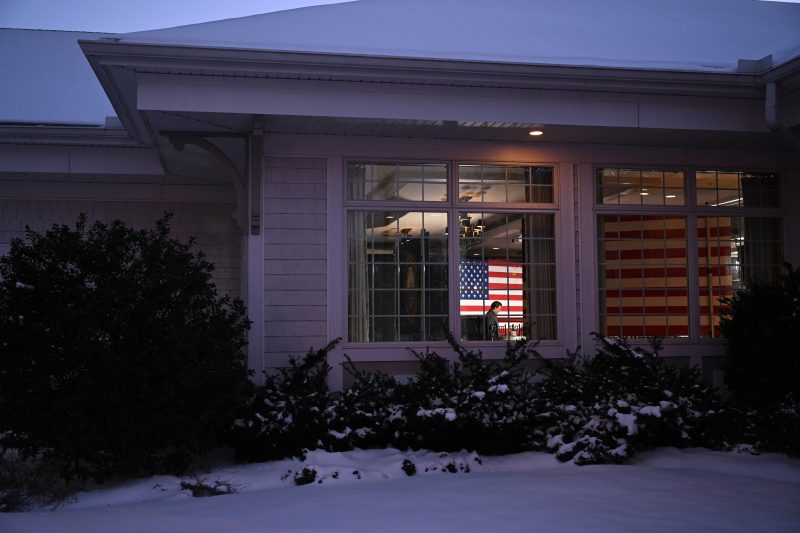Section 1: Origins of the New Hampshire Primary
The New Hampshire primary is often regarded as a crucial event in the United States’ presidential election process. But have you ever wondered how this tradition began? Let’s delve into the fascinating history of the New Hampshire primary and understand its significance in American politics.
In the early 20th century, political party leaders held great control over the nomination process. However, there was a growing desire for more democratic participation, and this led to the birth of the primary elections. New Hampshire, with its small and politically engaged population, became a natural choice to test this new system.
Section 2: The First New Hampshire Primary
The first official New Hampshire primary was held in 1916 as a direct response to the Progressive movement’s demand for more inclusivity in the nomination process. Though not legally binding initially, it quickly gained prominence due to its early scheduling, just after the Iowa caucuses. Candidates recognized the importance of New Hampshire in shaping public perception, and the primary became a battleground for political campaigns.
Section 3: Evolving Significance
Over time, the New Hampshire primary evolved to become an integral part of the presidential election cycle. Its position as the first primary in the nation gave it a unique role in shaping the race’s narrative and attracting media attention. Candidates realized that a strong showing in New Hampshire could provide significant momentum for their campaigns, while a poor performance could lead to early exits from the race.
Section 4: Electoral Impact
The New Hampshire primary’s impact on subsequent primaries and caucuses is undeniable. Historically, candidates who secure a victory in New Hampshire often receive a substantial boost in fundraising and support. Winning in New Hampshire not only boosts a candidate’s credibility but also generates media attention, helping them stand out from the crowded field.
However, it is crucial to note that the New Hampshire primary is not always an accurate predictor of the eventual party nominee. In some instances, candidates who performed poorly in New Hampshire went on to secure their party’s nomination. Despite this, the primary remains significant due to its ability to shape the political landscape and influence subsequent primaries.
Section 5: Criticisms and Challenges
Despite the New Hampshire primary’s long-standing significance, it has faced criticism and scrutiny. Critics argue that New Hampshire’s demographics do not adequately represent the nation’s diversity, leading to a lack of inclusivity in the nomination process. Efforts to diversify the early primary lineup have been made over the years, with mixed results.
Moreover, the pressure to cater to New Hampshire voters’ interests has been accused of distorting candidates’ policy priorities. Critics argue that candidates may focus their campaigns on local issues specific to New Hampshire rather than addressing nationwide concerns.
Section 6: Conclusion
The New Hampshire primary has come a long way, evolving into a critical event within the American political landscape. From its origins in the demand for democratic participation to its present-day role in shaping the presidential race, the primary has faced both praise and criticism. While it has its flaws, the New Hampshire primary continues to serve as an essential factor in determining the course of American presidential elections. As political dynamics change and calls for inclusivity grow louder, only time will tell what the future holds for this long-standing tradition.

